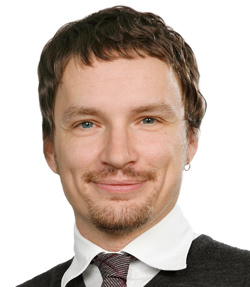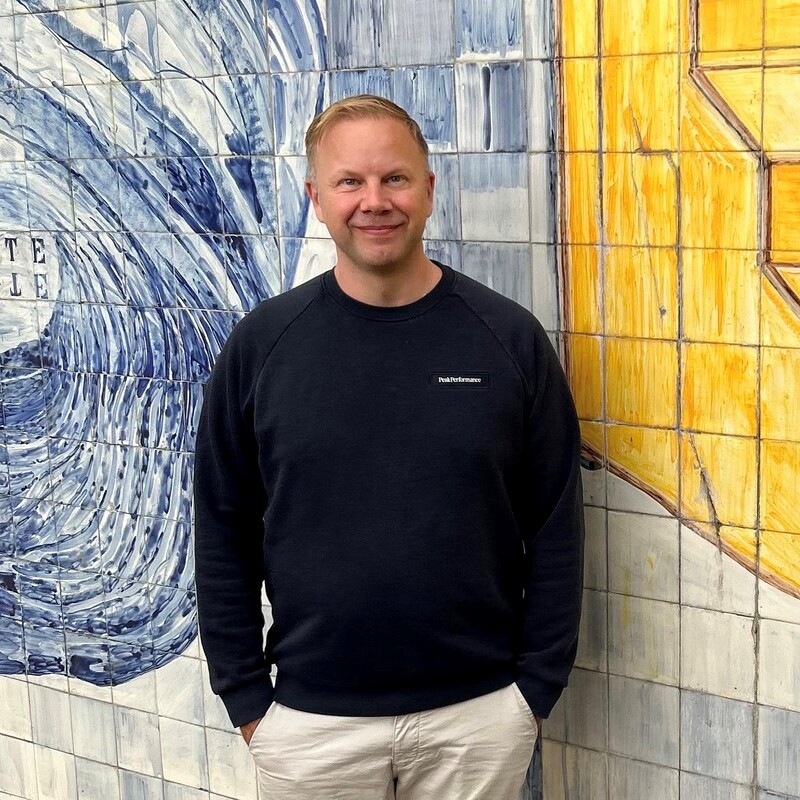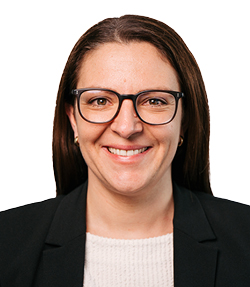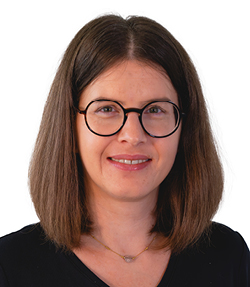Who are your lecturers?

Aleksander Groth, PhD, is a Professor of Digital & Organizational Communication at the Department of Management, Communication & IT (MCI). With a background in Interaction & User Experience Design, his research interests lie in the domain of digital behavior and human-technology interaction, specifically on how digital tools augment, enter, and shape the lifeworlds of humans.

Dr. Olli Kupiainen is a Senior Lecturer at the Haaga-Helia University of Applied Sciences. His current work focuses on human-AI collaboration, how individuals learn with AI and how this learning could potentially transfer to organizational level. In addition to that, he explores organizational identity and future-making during organizational disruption.

Dr. Teresa Spieß is a Professor of Organizational Behavior and Change Management at the Department of Management, Communication & IT (MCI). Her work focuses on the dynamic interplay between people and technology, with a particular emphasis on shaping and humanizing the Future of Work in the digital age within organizational contexts.

Mag. iur. Julia Waldegger, MSc, is a Lecturer at the Department of Business Administration Online (MCI). She has an academic background in law, political science, and organization studies. Her research focuses on algorithmic management and its consequences. She endeavors to weave themes of responsibility and ethics into her educational approach.
Mode
On-Campus | Monday till Friday during the day
Assessment